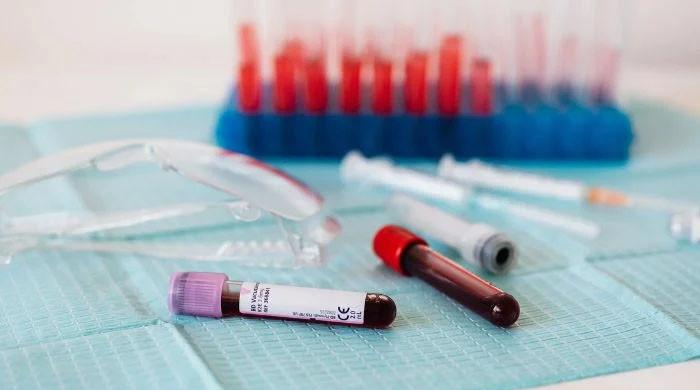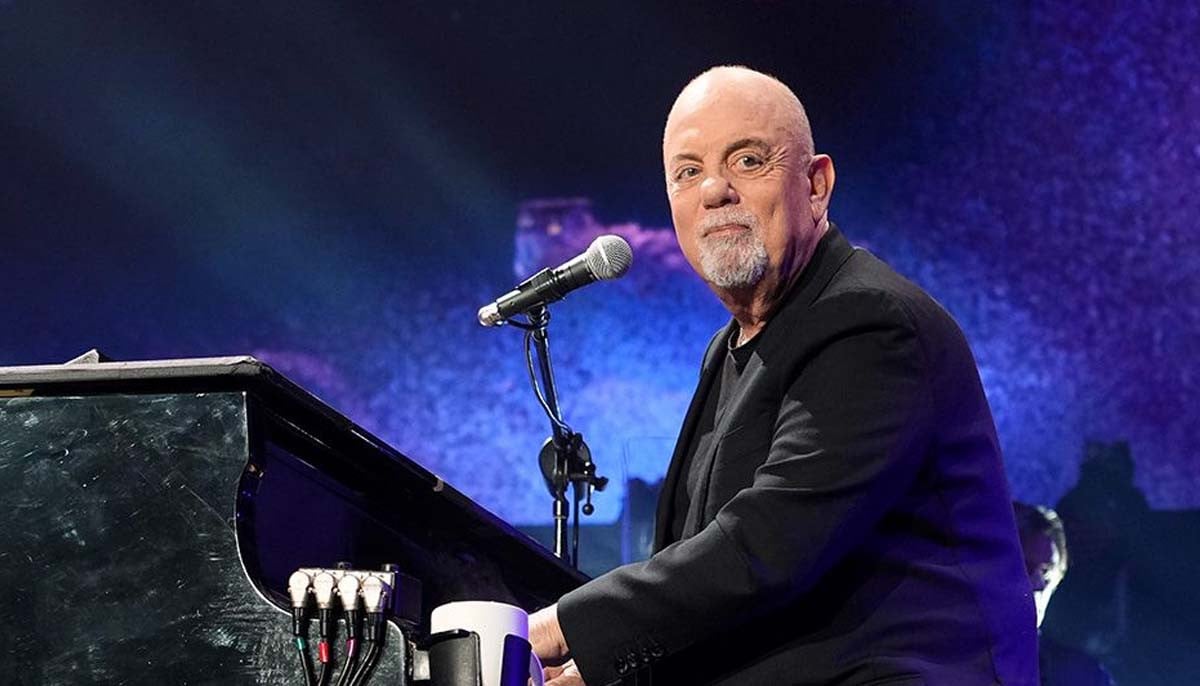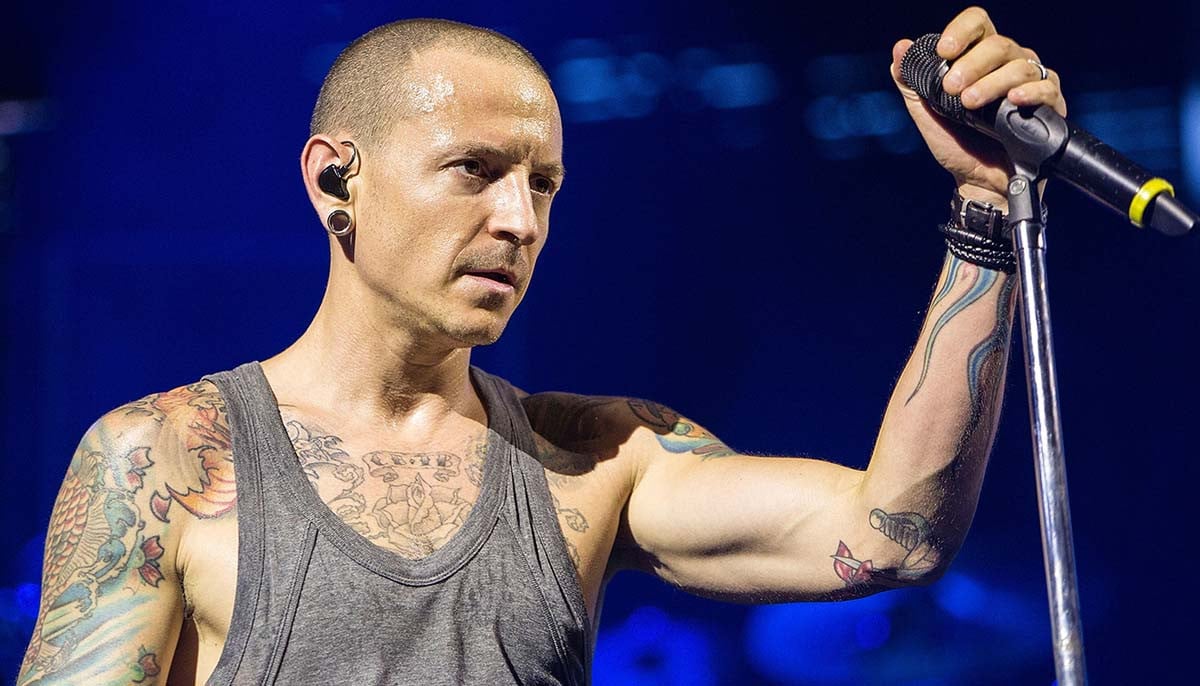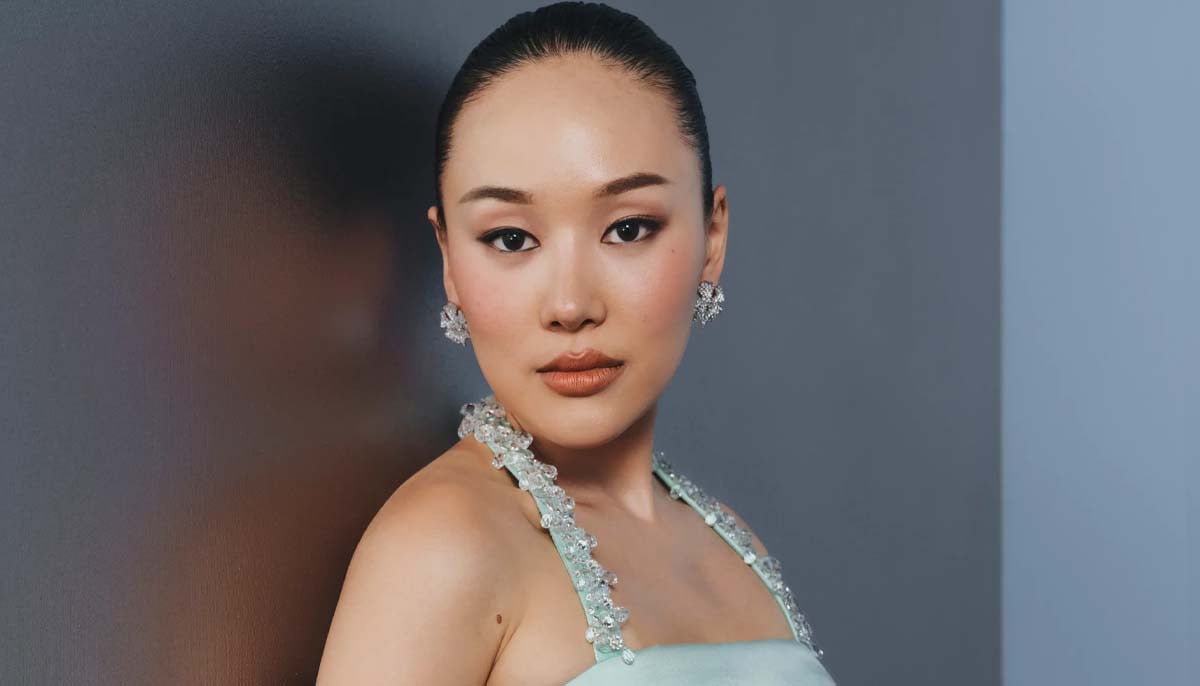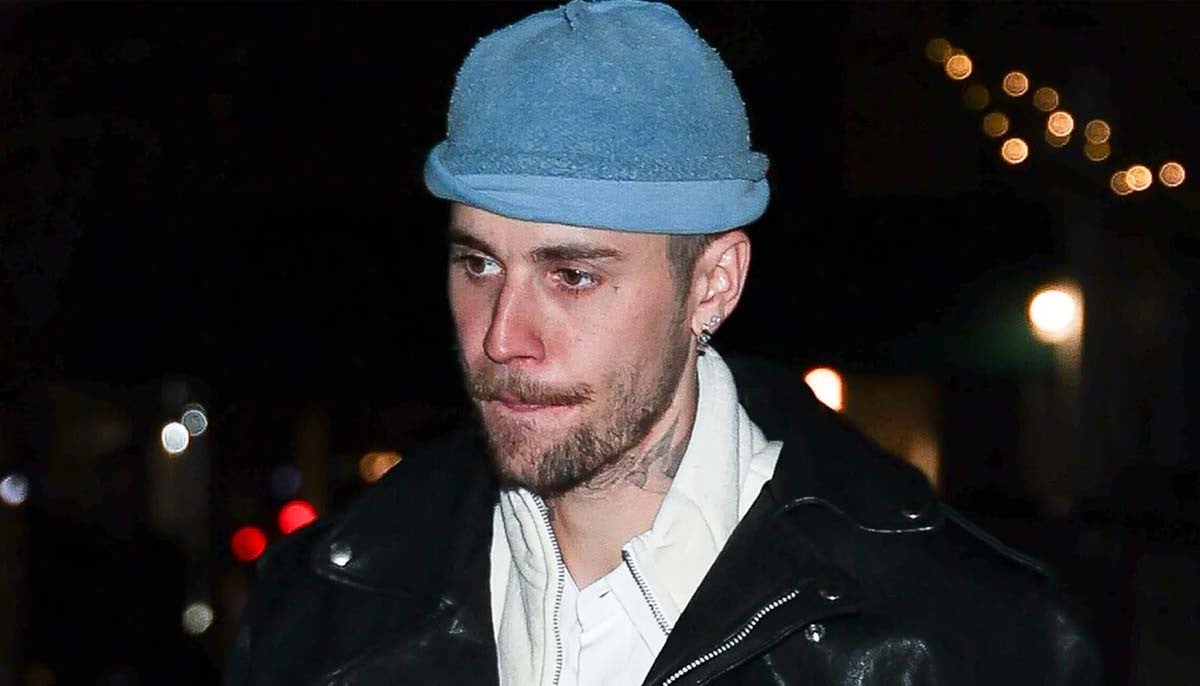A French woman from the Caribbean island of Guadeloupe has been identified as the only well -known courier of a new blood type, called “Gwada Negative”, has announced the France blood supply agency.
The announcement was made 15 years after researchers received a blood sample from a patient who underwent routine tests prior to the operation, the French Blood Company (EFS) said on Friday.
“The EFS has just discovered the 48th blood group system in the world!” The agency said in a statement about the Social Network LinkedIn.
“This discovery was officially recognized in Milan at the beginning of June by the International Society of Blood Transfusion [ISBT]. “The scientific association had so far recognized 47 blood group systems.
Thierry Peyrard, a medical biologist at the EFS involved in the Discovery, told AFP that a “very unusual” antibody in 2011 was found for the first time with the patient. However, at that time, resources did not allow any further investigation, he added.
Scientists were finally able to unravel the mystery in 2019 thanks to “DNA sequencing with high transit”, which emphasized a genetic mutation, Peyrard said.
The patient, who was 54 at the time and lived in Paris, underwent routine tests before the operation when the unknown antibody was detected, Peyrard said.
This woman “is undoubtedly the only well -known business in the world,” said the expert. “She is the only person in the world who is compatible with herself,” he said.
Peyrard said that the woman inherited the blood type of her father and mother, who each had the mutated gene.
The name “Gwada negative”, which refers to the patient’s origin and “sounds good in all languages”, has been popular with the experts, Peyrard said.
The ABO blood group system was first discovered in the early 1900s. Thanks to DNA sequencing, the discovery of new blood groups has been accelerated in recent years.
Peyrard and colleagues now hope to find other people with the same blood type. “Discovering new blood groups means that patients with rare blood species offer a better level of care,” said the EFS.


